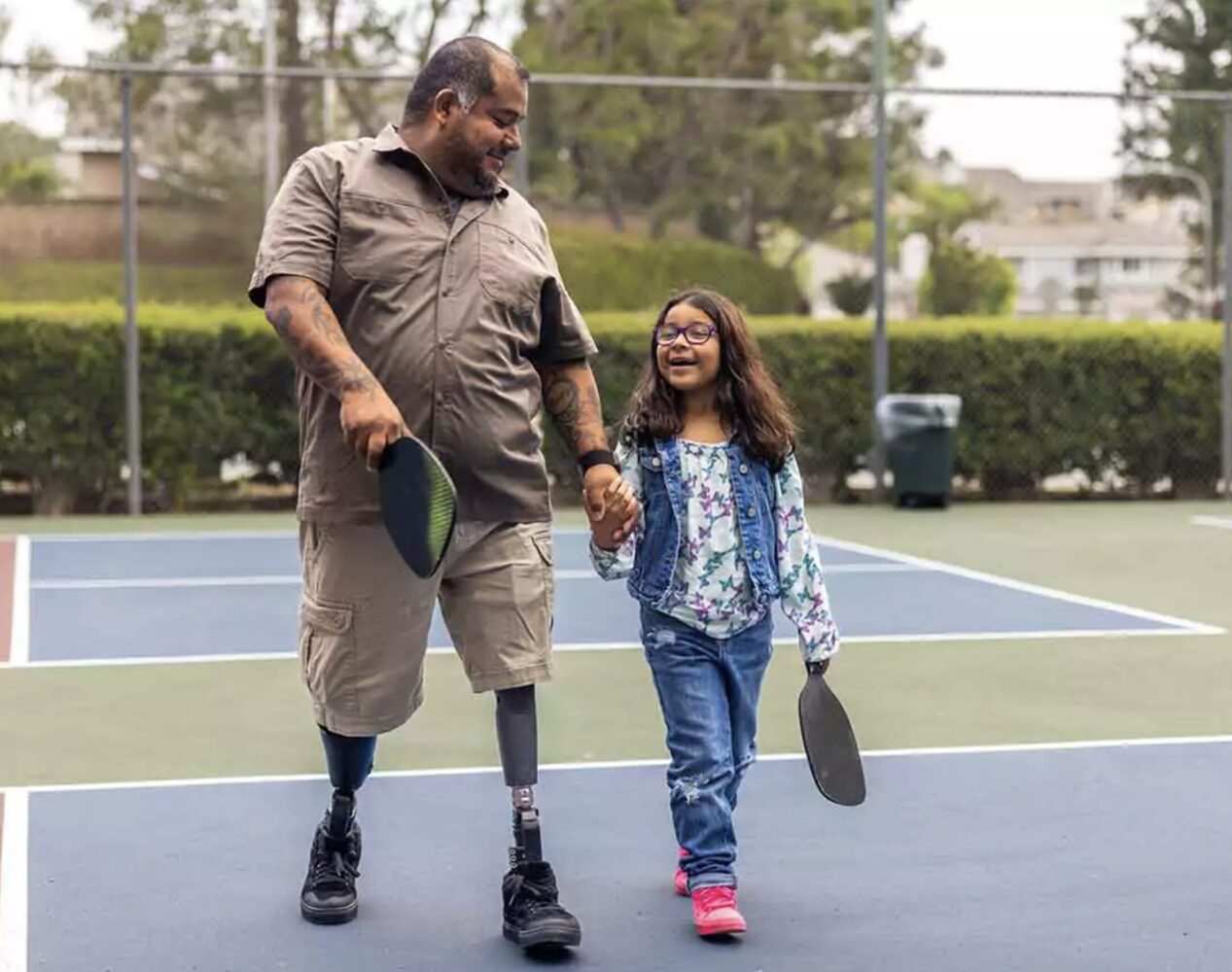7 Key Areas of Support for Veterans with Service-Connected Disabilities

When joining the military, recruits are generally expected to be in peak health to ensure they can meet the rigorous demands of training and the job itself. This includes both physical and mental well-being. Going from peak health to being discharged with a service-connected disability is an incredibly tough change. While leaving the military with a disability can qualify a service member for various benefits, including disability compensation from the VA, not all disabled veterans are eligible, and additional support is often needed to ensure they get the help they deserve.
Veterans with Service-Connected Disabilities
You might think this is a small group, but the numbers say otherwise. In 2023, roughly 30% of veterans in the U.S.—about 5.2 million people—had a service-connected disability. Additionally, about 50% of all veterans reported having some form of disability, including both service-connected conditions and self-reported disabilities via the American Community Survey (ACS).
With millions of veterans living with disabilities, how can we better support them?
7 Key Areas of Support for Veterans with Service-Connected Disabilities
- Donate to organizations: Groups like Disabled American Veterans (DAV), Wounded Warrior Project (WWP), and Paralyzed Veterans of America (PVA) rely on donations to provide transportation, financial help, and other essential services.
- Volunteer your time: Help out by driving veterans to appointments, assisting at VA hospitals, or offering administrative help through nonprofits.
- Advocate for veterans: Reach out to your elected officials and support policies that improve healthcare, education, and job opportunities for veterans.
- Offer direct assistance: Whether it’s yard work, transportation, or just being a good listener, small acts of support can go a long way in your community.
- Hire veterans: Create opportunities by hiring veterans, offering internships, or providing job training and mentorship.
- Spread awareness: Learn about the challenges veterans face and help others do the same. Share info about helpful organizations and ways to get involved.
- Support families of veterans: Caregivers need care, too. Programs like the VA’s Program of Comprehensive Assistance for Family Caregivers provide much-needed support—help families know where to turn.
Making a Difference
By taking even one of these steps, you can make a real impact in the lives of disabled veterans and show your appreciation for their service and sacrifice. Whether you’re giving time or money, there’s a way for everyone to get involved.
To join us in advocating for veterans and ensuring their voices are heard, visit www.missionrollcall.org.
At Mission Roll Call, we connect veterans with organizations like PVA and WWP that offer support across the spectrum. Join the mission by being part of our Veteran Resource Directory. If your organization supports veterans or their families, apply today to be featured.